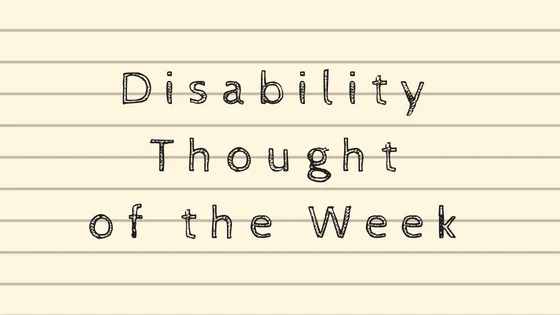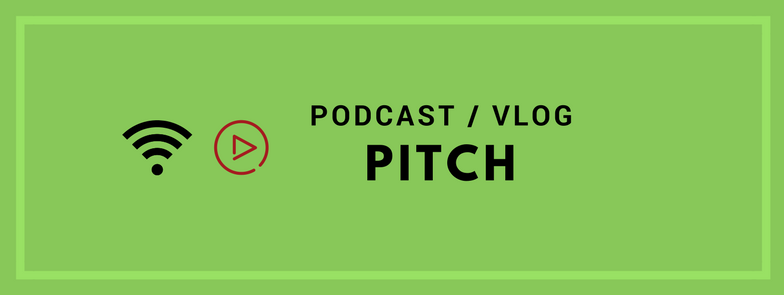What Defines Members Of The “Disability Community?”
/The do we mean when we talk about the “disability community?”
Most obviously, we are talking about disabled people. Here is my own definition of what counts as “disabled” …
“If you have a physical or mental condition that you have to think about and plan around every day, then you are disabled.”
But, if I have absorbed one thing over the last several years of disability blogging and immersion in online disability culture and activism, it’s that being one of the disabled population isn’t the same thing as being a part of a disabled community.
Sometimes, when people refer to the “disability community,” they do actually mean the total population of all disabled people, however they define disability. But often I think what we are really talking about is people with disabilities who have a certain approach and orientation to disability as an experience , and towards other disabled people. When we say, “The disability community is concerned about ___,” what we usually mean is that a group of disabled people with some degree of unity and common viewpoint have an opinion about something … not that all disabled people think a certain way.
Now, as soon as you start talking about who is and isn’t part of a “community,” you sound like you are making judgments and encouraging elitism. Maybe that’s unavoidable. All I can say is that I try to keep that to a minimum. Being part of the disability community isn’t necessarily a good thing, and not being involved in it isn’t necessarily bad or inferior. It’s just a different way of being with your disability.
So, what makes a person part of the “disability community?”
First of all, there are a few criteria that are often implied, but I want to reject.
• You don’t have to know or “follow” certain famous disability activists, celebrities, or online “influencers.”
• You don’t have to be a liberal, a Democrat, or a progressive.
• You don’t have to adhere to a strict list of approved positions on key disability issues.
• You don’t have to use only certain approved words and phrases to talk about disability.
Some people may treat these as requirements, but I don’t think they should be. But I do think it’s useful to note some of the common characteristics of disabled people who are in the disability community … in addition to actually having disabilities. For example:
• Whether or not they actually use the word “disabled” or “disability,” they are comfortable identifying themselves in some way as disabled. They don’t insist that their disability is unimportant.
• While they may work to improve their general health and everyday capabilities, they don’t spend much time trying to hide, lessen, or cure their disabilities.
• They know other disabled people and are interested in meeting others. They regularly share and discuss their disability experiences with other disabled people.
• They feel some kind of instinctive emotional kinship with other disabled people.
• They recognize that at least some of the difficulties of living with disabilities come from external factors, such as ableism, discrimination, inaccessibility, and bad policies and practices.
• They are open to the idea of working with other disabled people to make life better for all people with disabilities, not just to solve their own individual problems.
• They have an interest in connecting with other disabled people, disability advocacy groups, and disability culture … in person or online.
• They recognize that to at least some extent, people with many different kinds of disabilities share common experiences, common priorities, and the same basic human rights.
• They have definite opinions and beliefs about disability and disabled peoples’ place in society. These opinions may evolve, and sometimes change, but they are always an important part of their thinking.
How do you describe being a member of the disability community?
A note here about non-disabled people …
My feeling is that family, doctors, therapists, teachers, counselors, and other service provides aren’t part of the disability community unless they have disabilities themselves. Otherwise, the term ally should apply … and that label shouldn’t be treated lightly or like some kind of second prize. Allies are important!











